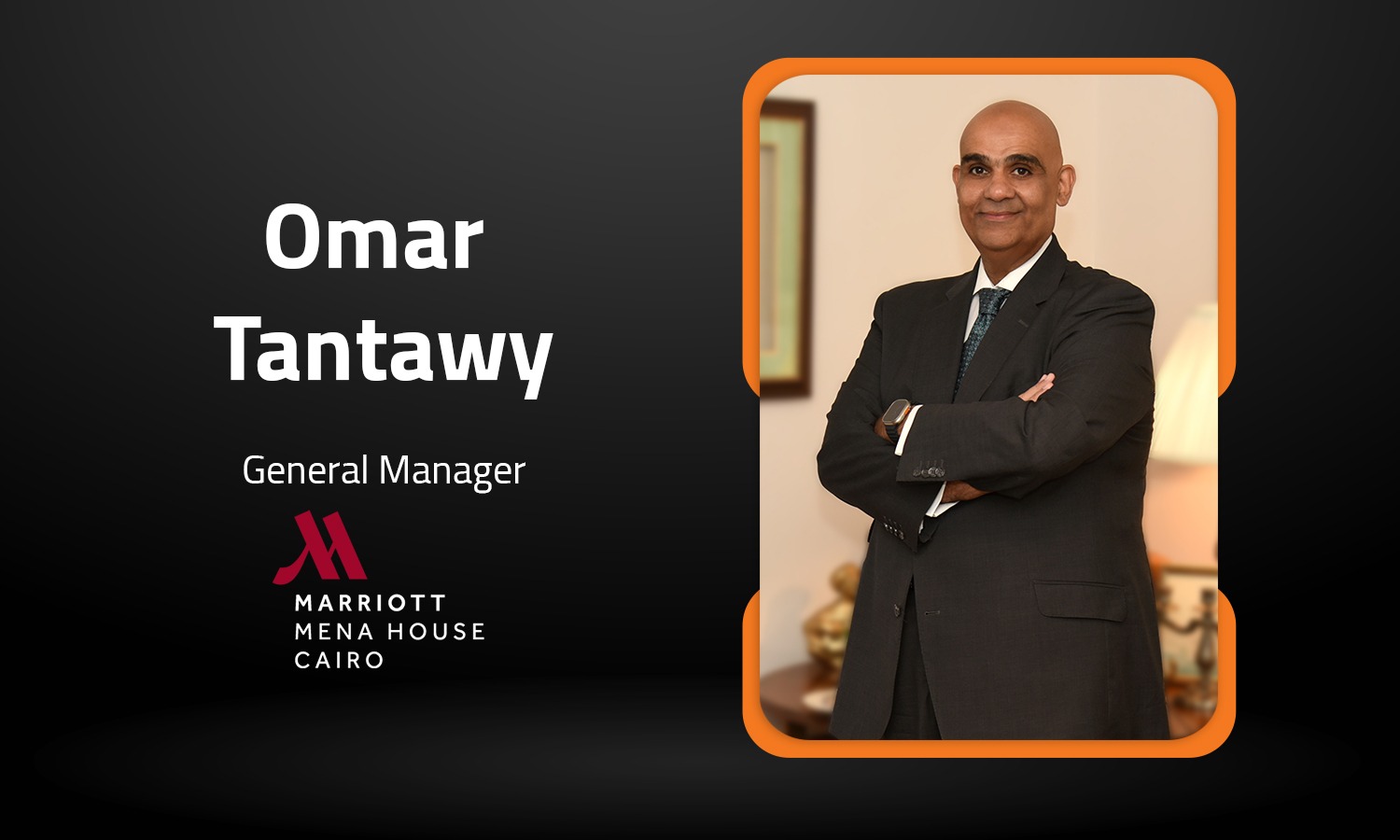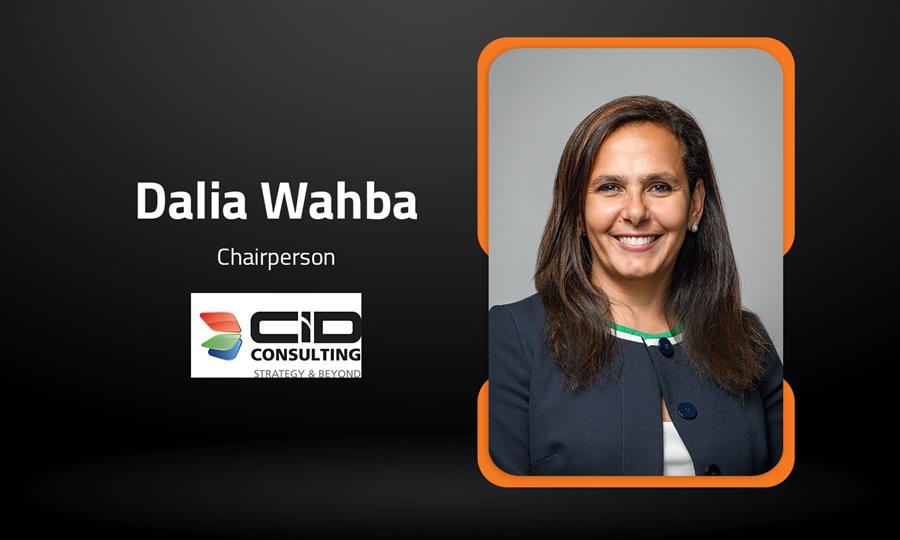Egypt’s Economic Scene in 2024: What’s Next?
Updated 1/6/2024 9:00:00 AM
In 2023, the Egyptian economy witnessed several global and local economic events that affected the performance of main indicators including inflation, interest rates, exchange rates, gold prices, and more, either directly or indirectly.
In this Factsheet, we will guide you through a brief journey to take a look at the near future of the Egyptian economy in 2024.
- With the beginning of 2024, Egypt became an official member of the BRICS bloc (Brazil, Russia, India, China, and South Africa). In March 2023, President Abdel-Fattah El-Sisi approved an agreement that allows the state to join the New Development Bank (NDB) of the BRICS bloc. In August 2023, the BRICS members agreed on admitting the membership of Egypt, Saudi Arabia, Iran, Ethiopia, Argentina, and the UAE. Egypt is expected to expand its trade exchange with the member countries and attract more investments from them.
- In December 2022, Egypt received the first tranche of the International Monetary Fund (IMF) loan. However, in 2023, Egypt’s efforts to fulfill its commitments under the loan faced various complications. Hence, the IMF postponed the first and second reviews, and no more tranches were disbursed. Recently, Egypt has been negotiating with the IMF to reschedule the loan’s timeframe and even to get more finance. In this regard, Fitch Solutions expects that a new agreement will be reached by the first quarter (Q1) of 2024, with the loan’s value estimated to be upgraded to $5 billion.
- In the first half (H1) of 2024, Egypt is expected to sell stakes in four water desalination plants and in the Siemens power plant in Beni Suef under the state’s initial public offering (IPO) program. In February 2023, the Egyptian government announced the launch of the IPO program. Between March and July 2023, the government collected $5 billion from selling state stakes in 13 assets, targeting an additional $5 billion by mid-2024.
- To enhance and activate the demand and encourage local and foreign investments of both individuals and institutions in 2024, Egypt launched a new strategy consisting of seven main pillars, including the introduction of new financial tools. In 2023, the Egyptian Exchange (EGX) achieved gains of more than EGP 700 billion, as the EGX 30 index reported an increase of 66% since the start of the year.
- HSBC bank and Fitch Solutions projected that the EGP-USD exchange rate would be corrected in late Q1 to early Q2 2024 to record EGP 40-45 against the USD. Notably, in 2023, the EGP-USD exchange rate increased from an average of EGP 28.8 to EGP 30.9 per $1.
- The Central Bank of Egypt’s (CBE) Monetary Policy Committee (MPC) is expected to follow a more tightening monetary policy and start to decrease interest rates. Fitch Solutions expects that in H2 2024, the MPC will tighten policy by a total of 3%, which will support the country’s external debt position. In 2023, the MPC raised the interest rates twice in March and August by a total of 3%.
- In 2024, Egypt is expected to pay $32.8 billion in external debt service, of which $25.9 billion are principal, while $6.9 billion are interests. At the end of June 2023, Egypt’s external debt stood at $164.7 billion, up by 5.8% compared to June 2022.
- The IMF projected that the inflation rate would record an average of 32.2% in fiscal year (FY) 2023/24, while the World Bank’s estimations were lower at 26.7%. Fitch Ratings expects Egypt’s inflation rate to fall to 18% by the end of FY 2023/24. In 2023, Egypt’s annual headline inflation rate hit a peak of 40.3% in September.
- At the end of 2023, local gold prices jumped to unprecedented levels, surpassing EGP 3,000 per 21-karat. The prices are expected to further increase in 2024 due to an expected increase in international gold prices. International financial institutions expect that gold prices would range between $1,950 and $2,200 per ounce. The hike in prices will be driven by an increase in demand resulting from expectations that the US Fed will end its contractionary monetary policy, which would weaken the USD, as well as the expected increase in central banks’ demand, and the need for gold as a safe asset amidst geopolitical tensions.
By: Amina Hussein
Related News

Suez Canal contains RED ZED 1 grounding in 1 hour with no injuries
Updated 6/22/2025 2:26:00 AM

Petroelum Ministry completes bid evaluation for 7 oil, gas areas
Updated 6/22/2025 2:19:00 AM

No tax hikes in Egypt's new budget; broader tax base planned: Kouchouk
Updated 6/22/2025 2:10:00 AM

FRA extends submission deadlines for insurance companies’ financial statements
Updated 6/19/2025 11:56:00 AM

Madbouly says 2 Western Desert oil fields to start production in July
Updated 6/19/2025 8:21:00 AM



